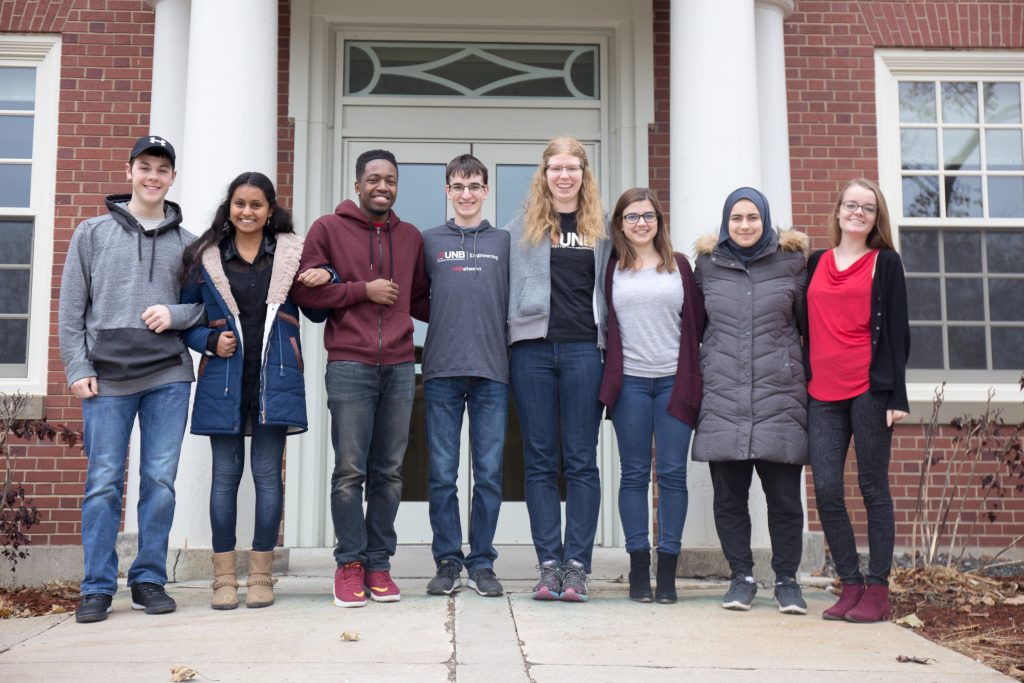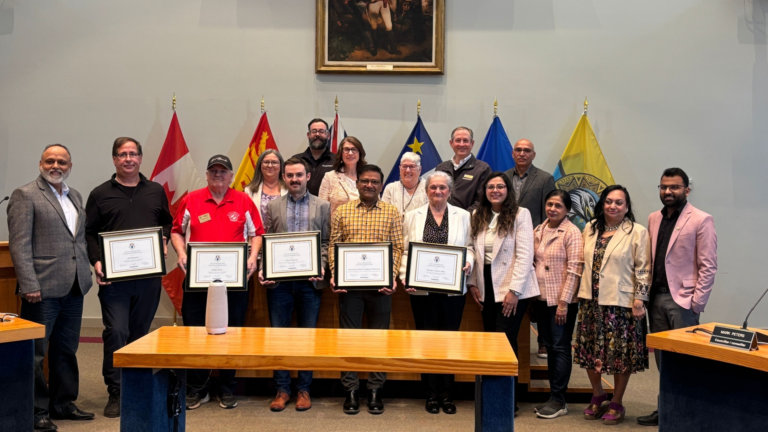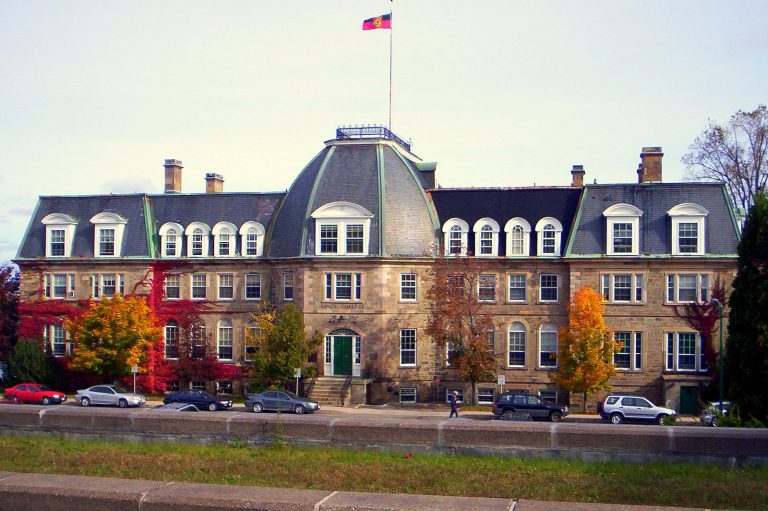Students at UNB have started a project to help tackle the issue of water quality in Indigenous communities.
Ratified in November 2017, the UNB Water Project is comprised of students who aim to ensure First Nations communities in Canada have access to clean drinking water and user-friendly testing methods.
The group itself was founded by first-year engineering student Nathan McNally. McNally said he was inspired to create the initiative after attending an Engineers Without Borders meeting where a member of a First Nations community discussed Reconciliation.
“I asked the question about everyday needs and stuff like that, because as a group of engineers that’s what we do—we work to solve problems like that. He mentioned something about water, so I did some research about it, and found out that it’s a really prevalent problem in communities across Canada,” said McNally.
The Water Project holds weekly meetings on Thursday evenings. The group is split into a number of sub teams that focus on issues such as water testing design, app development, business and promotion.
McNally said that for this semester, they have been aiming to develop a water testing method that’s user-friendly and efficient.
“Our idea is to develop a simple water testing method that can make sure the water’s safe, and then hopefully develop an app to go with it so they can input the data—and then it’ll cross-reference people with national standards to keep track of it more easily,” said McNally.
The club has had a workshop with the Indigenous Chemistry Class at UNB, has some partnerships in the works and has also been looking into local businesses for support.
As of April 2018, the Health Canada website has no boil water advisories (BWA) issued for New Brunswick—though there are a number of them in Ontario, Manitoba and Saskatchewan.
Len O’Neil, regional manager of the Atlantic Region’s Environmental Public Health Program in the First Nations and Inuit Health Branch (FNIHB) of Indigenous Services Canada, said that the drinking water quality on-reserve in New Brunswick is “within acceptable limits,” according to the Guidelines for Canadian Drinking Water Quality.
“The chemical parameters—as well as the bacteriological quality—within the (First Nations) communities in New Brunswick are within acceptable levels, and there’s none at this time that constitute a drinking water advisory,” said O’Neill.
O’Neill explained that First Nations communities in New Brunswick routinely test the drinking water for bacteria, then FNIHB environmental health officers (EHOs) provide advice and work with the communities to address any issues.
“They’ll collect samples; they’ll send those samples to an accredited lab for testing—and some communities will actually do the bacteriological testing within the community. We’ve provided communities with training and equipment, and provided oversight as well, for the bacteriological testing that’s done in the community,” said O’Neill.
While there may not be any boil orders in New Brunswick at this time, Imelda Perley, UNB’s elder-in-residence, said that water quality is still a major concern in Indigenous communities—and that she had to invest in a water softener when living in Tobique First Nation due to the hard water that was standard in the community, which would cause plumbing issues and stains in sinks.
“There’s a concern, because all of us are relying on bottled water now. I’m not sure of any of our communities where tap water is [in] primary usage. That’s how I would gauge how we’re feeling how safe our water is—by how many bottled waters,” said Perley.
UNB Student Union Indigenous councillor Ryan Wallace said that not having access to clean water has a profound psychological impact on Indigenous communities.
“It’s hard to have a future or look forward to a better tomorrow when you don’t know if next week you’re going to have your basic needs met,” said Wallace.
Wallace also said that part of the problem is that Indigenous people face negative stereotypes and assumptions regarding the way money is being spent—especially given that Reconciliation is prominent right now.
“A lot of people, I think, have been corrupted by greed and they just think of us in terms of, ‘are my taxes being used for another group?’ or, ‘why is it me paying for that group?’ If it was a community that was not First Nations facing the same problem, they would not have that problem,” said Wallace.
Perley pointed out that the protection of water isn’t just about boil orders, but also about general pollution levels. She reported being impressed when she went to Trent University, which has been bottle-free for a number of years.
“Water isn’t just for resource purposes; there also has to be a spiritual component to it, and what do we as people of the river—how do we take our responsibilities as descendants of the people of the river, and how [do] we view water today?” said Perley.
Perley says that she and McNally have plans to do community visits that incorporate both water testing and ceremony, and that she is happy to be bringing the team to various communities. The group will be part of a water ceremony on Earth Day at Saint Mary’s First Nation.




